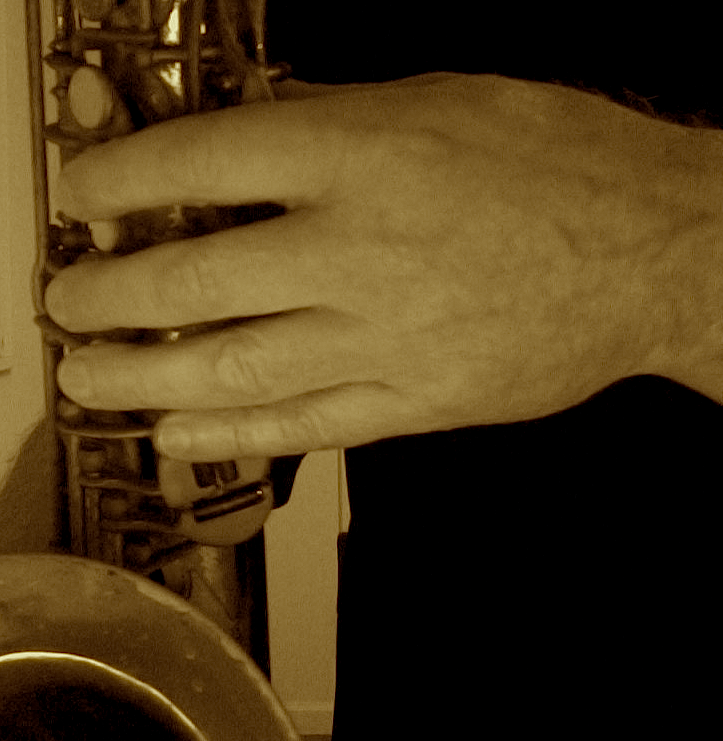I was giving an Alexander Technique lesson this morning to a young violinist who had come to me because of some problems with pain and tension (particularly in his left shoulder) as he played. This morning I wanted to see what he does with himself as he practices, so I had him practice an arpeggio exercise that he knew from memory. My intention was to let him play for about 10 minutes uninterrupted as I observed.
At one point in the exercise (playing the G diminished arpeggio), I began to hear his intonation go haywire. Most of his intervals became flat in pitch, and rather lifeless sounding, as well. It was in stark contrast to his typical intonation and complex tone color.
Yet he played straight through as if there were nothing at all wrong. Now, understand, this is a young man who is unusually mindful, very bright and has very nice intonation. (He’s the concert master in an honors youth orchestra here in Los Angeles.)
At this point (it was about 5 minutes into his practice) I decided I needed to stop him. I asked, ” Can you hear anything different about your intonation?” He paused, and said he wasn’t sure. So I had him go from the beginning again. When he arrived at the G diminished arpeggio, his intonation again began to suffer. I stopped him again and asked him this question:
“Where is your attention right now, more to what you’re doing, or more toward what you’re hearing?”
Without hesitation he said that it was much more toward what he was doing as he played as opposed to what he was hearing. (He wasn’t daydreaming or anything like that, he was just primarily focused on the mechanical aspect of what he was doing.)
I asked him if he started the exercise this way. He said no, that at first he had a balance between paying attention to what he was doing, and what he was hearing. As he got to the diminished arpeggios he said that he couldn’t aurally imagine them the same way he could with the diatonic arpeggios (tonic, subdominant). For that reason he realized he was trying to play the diminished arpeggio by concentrating on what he was doing at the expense of what he was hearing.
So first, I had him isolate and sing the G diminished arpeggio pattern that was part of the exercise. Then I asked him play it on his violin, but asked him to really listen to himself. Immediately he heard his bad intonation, smiled then began to correct it back to his normal, beautiful intonation.
All he had to do was to give himself a chance to actually hear what he was playing. It was that simple.
How often do you lose sight of your sound (of your whole self for that matter) when you narrow your attention to only take in the act of executing the music? I know that when sight reading or playing a difficult passage it’s easy to lose touch with everything (except the anxious anticipation of the unknown) .
But it doesn’t have to be this way.
If you find yourself doing this, simply shift your attention back to what you hear and what you are doing with yourself as you play.
In the case of my young violinist this morning, he had actually lost sight of both of these things, letting himself get wrapped up into the mechanics of executing the music, instead of the music of the music. (Yes, I actually meant to say that.)
What my student also realized was that, as he lost touch with his sound, he had also lost touch to how he was using himself. Because of this he went back into some of his old patterns of harmfully misdirected effort (his left shoulder began to tense up quite a bit). As he stopped to give himself a chance to hear himself, he also returned to the newer, lighter, easier, more efficient use of himself. (He let go of that shoulder tension.)
What you hear and what you do as you play music go seamlessly hand in hand. One supports the other. One relies upon the other. One affects the other (for better or worse). You might be surprised at how often you stop hearing yourself because you’ve stopped listening the your music.
The practice room is a great place to work on this expanded, integrated attention. And I know from experience that it is highly possible to cultivate this kind of attention. So see what you do as the music gets more difficult or nebulous. Then simply listen.
